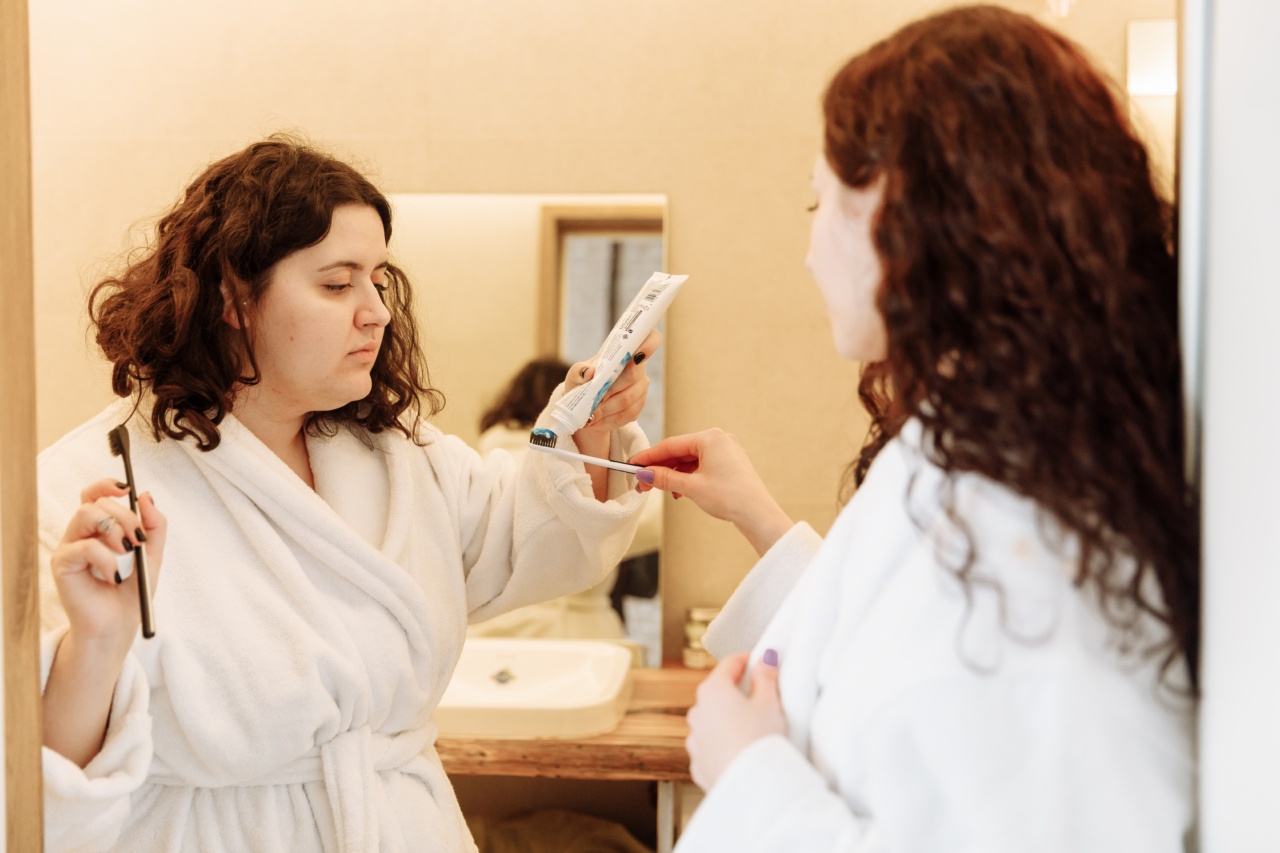Brushing teeth is one of the most important activities for maintaining dental hygiene. It not only helps remove food particles and plaque, but it also refreshes the breath.
However, it is recommended to brush teeth at the right time, or else it may harm your teeth. One of the most widely debated topics is whether it is bad to brush teeth right after eating. Let’s discuss.
What’s the science behind brushing teeth?
The human mouth is an ideal environment for bacteria to grow, and oral hygiene plays a significant role in keeping dental problems at bay.
Our mouth has natural defenses against oral bacteria, such as saliva that helps neutralize and wash away food particles and bacteria, but that’s not enough. Daily brushing helps remove the remaining food debris and plaque, which if left unaddressed contributes to tooth decay.
When we eat, the acidity in our mouth increases. Acids soften the enamel, which makes it more vulnerable to abrasive brushing. So, if you brush your teeth right after eating, the chances of enamel damage and tooth sensitivity increase.
Why shouldn’t you brush your teeth right after eating?
Brushing right after eating exposes your enamel to abrasion, which in turn causes damage to your teeth’ surface. Brushing too hard with a brushing technique that’s not right can also damage your gums, leading to sensitivity and pain.
Hence, it’s best to wait some time before you brush your teeth after a meal.
Addition of acidic elements in the mouth also alter the pH of the oral cavity, making it more acidic, and an acidic environment is not conducive for tooth health.
So, brushing immediately after acidic food or drinks may help neutralize the acids in the mouth, but brushing immediately after may harm the tooth’s surface.
What’s the ideal time to brush your teeth?
The American Dental Association (ADA) recommends brushing your teeth twice every day for at least two minutes each time. The ideal time to brush your teeth is in the morning after breakfast and before bedtime.
Brushing before bed helps remove the food debris that may get stuck between your teeth or pockets, which will reduce the formation of acid in the mouth. Thus, brushing before bed is an essential part of maintaining oral hygiene.
To lessen the abrasive effect of brushing, it’s best to wait at least 30 minutes after a meal before you brush your teeth.
This time is sufficient for the pH of the oral cavity to restore to normal levels, reducing any acidic effects that may happen to the tooth’s enamel. Waiting for 30 minutes will also allow your saliva to do its job in neutralizing the acidity in your mouth.
What to do if you can’t wait 30 minutes?
Some situations may not allow you to wait for 30 minutes before brushing, such as bad breath or sensitivity. In such cases, you can opt for an alternative that is safe and does not harm the enamel of your teeth.
One of the alternatives that you can choose is to rinse your mouth with water or an antibacterial mouthwash.
Rinsing your mouth will help remove the food particles and reduce the bacteria’s activity while keeping your teeth safe from being scrubbed in their weakened state. It’s a safe and effective way to clean your mouth right after eating.
Another alternative you can choose is to chew sugar-free gum after a meal. Chewing gum helps to moisten the mouth and produce more saliva, which helps in neutralizing the acidity level in the mouth.
It also helps to remove the particles stuck between your teeth.
Conclusion:
Brushing your teeth right after eating may not be the best idea. The high acidic content in our mouth due to food intake weakens the enamel and can result in sensitivity and abrasion while brushing.
Waiting for at least 30 minutes is the best practice, which will also allow our saliva to restore the pH balance in our mouth. If waiting 30 minutes isn’t an option, rinsing your mouth with water or an antibacterial mouthwash is a safe and effective solution. So, remember to wait or opt for an alternative and keep your teeth healthy.




























